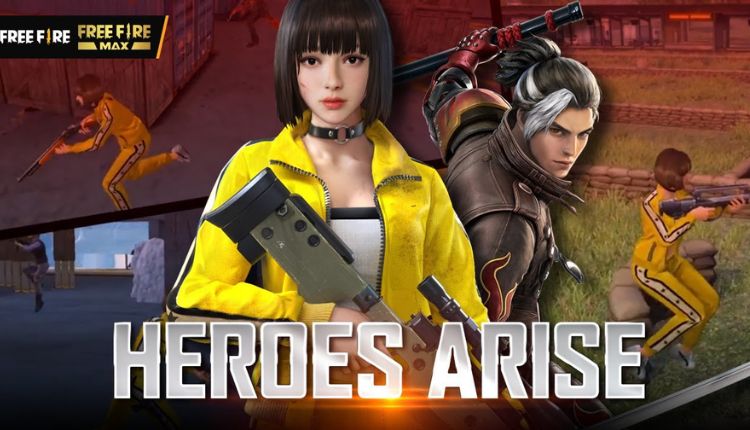Introduction:
In a surprising turn of events, Krafton, the developer behind the immensely popular game PlayerUnknown’s Battlegrounds (PUBG), has recently filed a lawsuit against Garena Free Fire, another prominent battle royale title. The legal action has sent shockwaves through the gaming community, raising questions about intellectual property rights, competition, and the future of the battle royale genre. In this article, we will delve into the details of the lawsuit, explore the arguments put forth by both parties, and analyze the potential implications for the gaming industry.
The Lawsuit And Claims:
Krafton’s lawsuit against Garena Free Fire revolves around allegations of copyright infringement, claiming that Free Fire has copied various elements from PUBG, including gameplay mechanics, character designs, and overall visual aesthetics. Krafton argues that these similarities amount to a violation of their intellectual property rights and seek appropriate compensation for damages.
The specific claims made by Krafton include the replication of iconic PUBG features such as the “Winner Winner Chicken Dinner” catchphrase, the shrinking play area, the use of vehicles, and the deployment from an aircraft at the start of each match. They argue that these distinctive elements, which contribute to the overall PUBG experience, have been improperly reproduced in Free Fire.
Garena Free Fire’s Defense:
Garena, the developer behind Free Fire, has strongly refuted Krafton’s allegations, asserting that their game is an entirely original creation. They argue that battle royale as a genre is built on common mechanics and tropes that are not exclusive to PUBG. Garena maintains that any similarities between the two games are purely coincidental or result from industry-standard practices.
In response to Krafton’s claims regarding specific features, Garena points out that elements like shrinking play areas and the use of vehicles have been present in battle royale games before PUBG’s release. They argue that these elements have become staples of the genre and cannot be claimed as exclusive to any single game.
Implications For The Gaming Industry:
The outcome of this lawsuit holds significant implications for the gaming industry as a whole. It raises important questions about the limits of copyright protection in video games and the extent to which game mechanics can be copyrighted. If Krafton’s claims are successful, it could set a precedent that allows developers to claim ownership over general gameplay mechanics, potentially stifling innovation and creativity in the industry.
Furthermore, this legal battle highlights the fierce competition within the battle royale genre. With numerous games vying for players’ attention, developers are under pressure to create unique and engaging experiences. However, striking a balance between originality and familiarity is challenging, as certain mechanics have become synonymous with the genre itself.
Conclusion:
The lawsuit filed by Krafton against Garena Free Fire marks a significant moment in the battle royale gaming landscape. It brings to the forefront important questions about intellectual property rights and competition within the industry. While Krafton claims that Free Fire has infringed upon their copyright, Garena argues that their game is an original creation within the boundaries of the battle royale genre.
As the legal proceedings unfold, it is essential for the court to carefully consider the arguments presented by both parties, taking into account the broader implications for the gaming industry. Regardless of the outcome, this lawsuit serves as a reminder that the battle royale genre continues to evolve and adapt, driven by a competitive spirit that pushes developers to create innovative and engaging experiences for players worldwide.
FAQs:
- Will this lawsuit affect the availability of Garena Free Fire? As of now, there is no immediate impact on the availability of Garena Free Fire. The lawsuit is centered around copyright infringement and seeks compensation for damages rather than requesting the removal of the game from platforms.
- How long is the legal process expected to take? The duration of the legal process is uncertain and may vary depending on the complexity of the case and the jurisdiction in which the lawsuit has been filed. It could take several months or even years before a final judgment is reached.
- Can other game developers be affected by this lawsuit? The outcome of this lawsuit could potentially set a precedent for future cases involving copyright infringement within the gaming industry. If Krafton succeeds in establishing copyright claims over specific gameplay mechanics, it may open the door for other developers to pursue similar legal actions against games with perceived similarities. However, each case would need to be evaluated on its own merits, and the outcome will depend on the specific circumstances and evidence presented.

